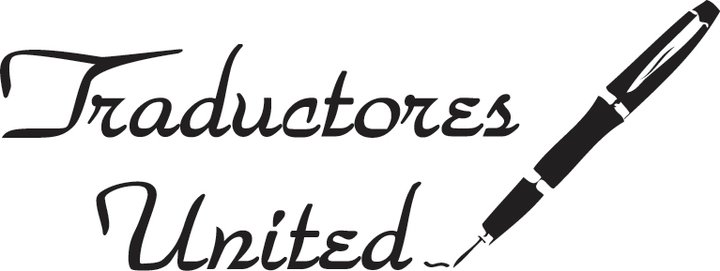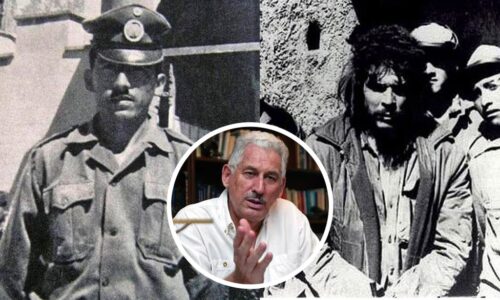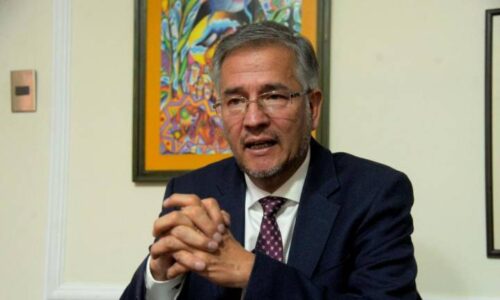

20 June 2021
Control the past?
I have the habit of re-reading Orwell from time to time, so it is not difficult for me to go to him every time the MAS tries to “write the past” to justify the present and, to a certain extent, ensure its future; today the Government tries to cause doubts on the Report of the Dialogue Facilitation Process 2019-2020 published by the Bolivian Episcopal Conference.
From time to time it gives the impression that at that time there were only a couple of meetings and that from all sides there was pressure for the cornered Masism of November 2019 to accept what they imposed on it; when actually there were several meetings and the representatives of the ruling party were treated with respect and with the proper considerations because that is what a negotiation is about.
I am going to limit myself to giving the reader the details of each of the meetings and who was present in them, making a minimum of clarifications (those who read will know if they value them).
1. The dialogue process began on 7 November 2019, and ended on December 5th, leaving an accompaniment that lasted until approximately 20 January 2020. In other words, Evo Morales was in government, and “solutions” to the crisis were already being provided.
On November 8th, a commission of the Bolivian Episcopal Conference: Monsignor Toribio Cardinal Ticona, Monsignor Edmundo Abastoflor, and Monsignor Percy Galvan met with Evo Morales, who insistently asked them to publish a call for peace. The Bolivian Episcopal Conference (CEB) agreed to his request.
The CEB attended a meeting called by the Brazilian Ambassador Octavio Enrique Cortez on November 9th. Meeting in which diplomatic delegations, concerned about the uncertain climate and growing national violence, consulted the Church if it could be the one to convene a dialogue process, protecting the safety of those who would intervene, especially that of government agents and the sectors in protest and, of course, that of the dialogue facilitators.
First meeting: Sunday, November 10th, in the late afternoon, at the Catholic University. Attendants: for the Bolivian Episcopal Conference (CEB): Monsignor Aurelio Pesoa; Eugenio Scarpellini; Monsignor Giovani Arana, Father Jose Fuentes Cano and Juan Carlos Nuñez. For the diplomatic corps: Ambassador of Brazil, Octavio Henrique Cortes; Ambassador of the European Union, Leon de la Torre; Ambassador of Spain, Emilio Perez de Agreda and the former Ambassador of Spain, Carmelo Angulo. For the civic committees: Jerjes Justiniano; for the National Committee for the Defense of Democracy (CONADE), Waldo Albarracin and for Comunidad Ciudadana (CC): Ricardo Paz. It was very clear to all the participants that without the presence of the Movement Towards Socialism (MAS) it was not possible to find viable proposals.
November 11th: In addition to the facilitators; for the parties: MAS, Adriana Salvatierra, and Teresa Morales; for (CC), C. Mesa and Ricardo Paz; for (UN): Samuel Doria Medina (invited by Hector Arce); Jorge Quiroga and Luis Vasquez; Civic Committees: Jerjes Justiniano did not arrive (he excused himself) and for the CONADE, Rolando Villena.
November 12th: Former President Evo Morales arrived in Mexico. They met, for the MAS, A. Salvatierra, S. Rivero and T. Morales; for CC, C. Mesa, R. Paz and C. Alarcon; for UN, Samuel Doria Medina, and Roberto Moscoso; for UD, Oscar Ortiz. Jorge Quiroga, Luis Vasquez, Jerjes Justiniano for the civic committees, and Rolando Villena for the CONADE, were also present.
The country had a president
Agreements that allow the pacification of the country. This stage was the longest and represented the continuity of the dialogue process already in place. It had more participants among the facilitators in addition to the clergy. For the parties: MAS: A. Salvatierra, B. Yañiquez, and P. Menacho; for CC: R. Paz; for UN, S. Doria Medina and R. Moscoso; for UD, O. Ortiz and S. Franco. Also L. Vasquez; for the Government, the Minister of the Presidency, J. Justiniano.
November 16, Carlos Romero contacted the dialogue facilitation group. He expresses the need to create dialogue roundtables with political parties, to agree on a law calling for elections, as well as the members of a renewed Electoral Tribunal. On the occasion, the former Minister stressed that former President Evo Morales was the key political actor because everything depended on him. Romero participated in all the preparation of the dialogue roundtables to agree on the law.
November 18. It was evident to the dialogue facilitators that there were two positions in the MAS: that of the former authorities and that of those who were in office. Participants, on behalf of the MAS: Javier Zabaleta, Hector Arce, Carlos Romero and Adriana Salvatierra; Omar Aguilar; Eva Copa, Milton Baron, Betty Yañiquez, Efrain Chambi. On behalf of the Government: the Minister of Justice, Alvaro Coimbra, and the Minister of the Presidency, Jerjes Justiniano. On the part of the facilitators, the commission of the Bolivian Episcopal Conference and the European Union (EU). Is it necessary to add something else? The MAS proposed the law to call for elections and they negotiated and managed; they went in and out of the Mexican Embassy; the dialogue worked. The details can continue to be explored, but the country has been pacified. There was a fraud and then he resigned and then there was a constitutional succession.
Source: https://eldeber.com.bo/opinion/controlar-el-pasado_236001




